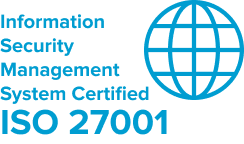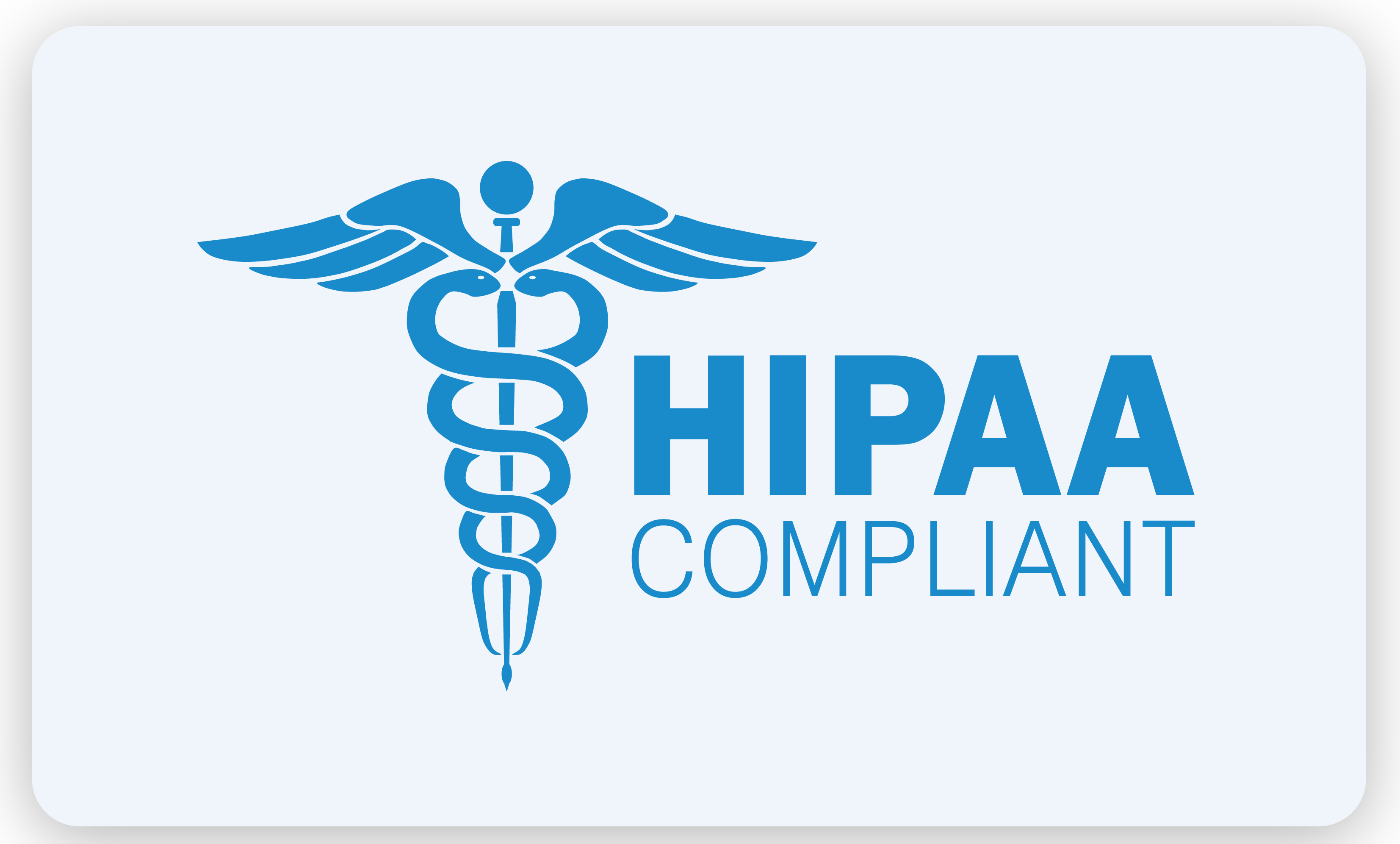12 Mar

This is the third blog post for HealthMatriX’s AI Learning and Awareness series.
Artificial Intelligence (AI) is already making a positive impact on our health and care system, playing a crucial role in diagnostic decisions, predicting care needs, informing resource planning, and driving groundbreaking research.
While the possibilities presented by AI technologies are exciting, ensuring that the solutions health organizations invest in meet the highest standards of safety and effectiveness is challenging. This is where this article becomes invaluable.
Designed for those evaluating the pros and cons of AI solutions, including clinical and practitioner leads, chief officers, senior managers, transformation experts, and procurement leads, the guide offers practical guidance on crucial questions to ask during any AI procurement exercise in health and care.
Questions like identifying the problem to be solved, justifying the use of AI, validating product performance claims, assessing the product’s compatibility with your organization, and determining the prerequisites for project success are addressed. To unlock the transformative potential of AI in health and care, individuals must be equipped to confidently ask these questions, probe suppliers effectively, and know when to seek expert input, be it from the AI Lab or elsewhere.
This guide aims to support the ambitious, optimistic, and discerning buyers that our health and care services need.
AI Buyer Journey
The AI buyer journey refers to the unique process that individuals or organizations undergo when selecting an AI solution tailored to their business needs. Unlike traditional buying journeys, the AI buyer journey is characterized by the necessity to choose an AI solution that can be effectively trained on specific business data, ensuring optimal performance and relevance to the organization’s objectives.
Stages of the Buyer Journey for AI Users
Let’s explore the 4 stages of the buyer journey for health AI users:
1. Problem Identification
Initiating a purchase decision should always begin with a clear understanding of the problem at hand. This involves mapping the relevant pathway, identifying pain points, and engaging with end-users. This step is especially crucial for AI acquisitions, where the novelty of the technology may overshadow the need for problem-centric analysis.
Identifying a problem is the initial step, followed by a critical assessment to justify choosing AI. Government guidance recommends evaluating data suitability for AI learning, the impracticality of human analysis at scale, empirical testing of model outputs, and their real-world impact. Emphasis is on ethical data use.
Continuous review of the rationale during procurement is crucial, with the flexibility to opt for a simpler solution if criteria are not met. Scale considerations, whether organizational or national, are equally vital, with collaboration offering advantages.
Developing a credible business case for AI faces challenges due to its experimental nature. Key steps include establishing improvement baselines, defining metrics, testing AI on historical data, and conducting pilot projects. Articulating significant contributions, rather than ‘nice-to-haves,’ ensures AI enhances quality, savings, and efficiencies.
2. AI Solution Assessment
In this stage, the customer evaluates their options and compares different AI solutions available in the market. They may research online, read reviews, or ask for recommendations. During the consideration stage, access to transparent and unbiased information is essential.
Clarity regarding the ‘intended use’ of an AI solution is crucial, specifying its precise applications and the specific conditions under which it should operate. Equally important is clearly understanding what constitutes misuse, and delineating activities beyond the solution’s designated scope.
Information about the intended use is typically available on the AI solution’s documentation, including the declaration of conformity, CE marking certificate, and instructions for use. This clarity not only ensures proper utilization but also plays a vital role in evaluating the solution’s performance.
3. Implementation Considerations
The focal point in this section emphasizes evaluating the practical usefulness of the product. It prompts consideration of whether the performance claims, tested in a theoretical context, translate into tangible benefits within your specific organization. Operational utility gains heightened significance, especially concerning AI.
The NICE Evidence Standards Framework for Digital Health Technologies outlines the necessary evidence base for establishing the effectiveness of an AI solution before its adoption. These criteria encompass relevance to existing health and care pathways, the attainment of demonstrable health and care outcomes, credibility among practitioners, acceptability by users, and contribution to addressing health inequalities.
4. Procurement and Delivery
AI solutions should adhere to established public procurement principles that prioritize fairness, transparency, and competition. While off-the-shelf products align with recognized principles, early-stage research partnerships offer more flexibility.
Engaging with the market early enables the identification of potential vendors, levels the playing field, and enhances vendor understanding of buyer needs. Documenting justifications for approaching specific vendors is crucial. Although establishing a competitive process in a burgeoning AI market may seem challenging, competition remains a potent tool for buyers, fostering fairness and transparency.
Guidelines for AI procurement emphasize key good practices. These include focusing on the challenge rather than a specific solution, involving multidisciplinary teams in the procurement process, pre-determining data-sharing arrangements with vendors, highlighting known limitations of organizational data in tender invitations, incorporating ethical considerations into proposal evaluation criteria, and mandating knowledge transfer and training as requirements for vendors in tender invitations.
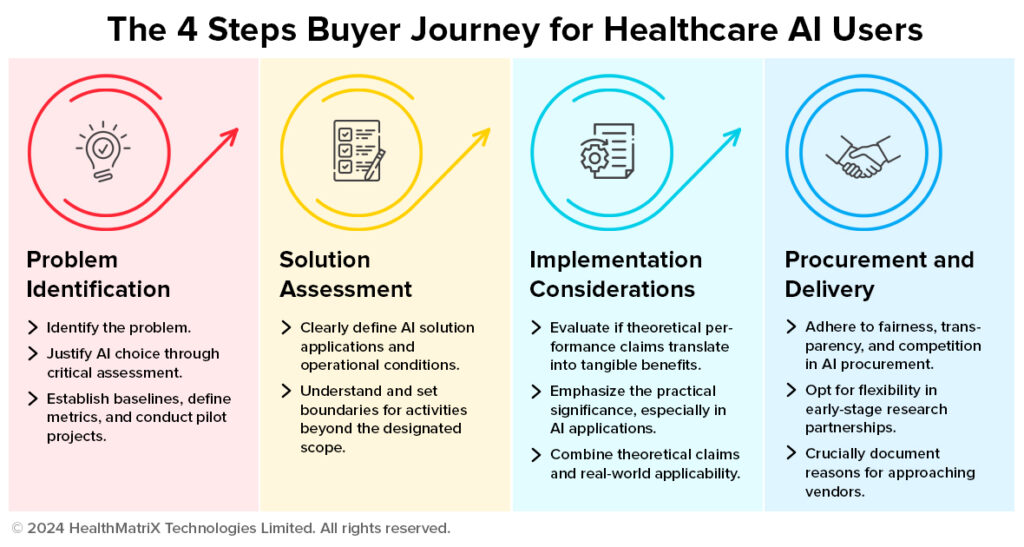
Questions You Should Ask When Choosing An Enterprise-Grade AI Solution
Before choosing an enterprise-grade AI solution for your healthcare business, you should ask and know the following things about the AI solution:
Question 01: Is the Platform Equipped to Unify Data Irrespective of Type, Structure, or Source?
The best data and AI platform should eradicate data silos, enabling seamless data manipulation without necessitating data relocation, regardless of the data’s type, structure, or source. When selecting your data and AI platform, seek one with the capability to execute queries across diverse data sources without the need for data duplication. This querying capability not only reduces costs but also streamlines analytics, ensuring real-time accuracy by directly accessing the latest data at its source.
Specifically, an ideal platform for consolidating your data should integrate solutions for databases, data warehouses, and data lakes. Its databases should employ high-performance and scalable transactional processing with optimized queries. The data warehouses should facilitate analytics across on-premises environments. Additionally, its data lakes should efficiently store and query structured and unstructured data, regardless of the data volume.Specifically, an ideal platform for consolidating your data should integrate solutions for databases, data warehouses, and data lakes. Its databases should employ high-performance and scalable transactional processing with optimized queries. The data warehouses should facilitate analytics across on-premises environments. Additionally, its data lakes should efficiently store and query structured and unstructured data, regardless of the data volume.
Question 02: Can You Scale Data and AI Services Across Any Cloud or On-Premises Environment Efficiently?
Invest in a platform that supports the entire analytics lifecycle, from data management and DataOps to governance, analytics, and AI. Opt for a cloud-native architecture that provides open-source capabilities compatible with various clouds.
This ensures flexibility, eliminates vendor lock-in, and empowers you to choose and define key data and AI services. A cloud-native approach brings benefits such as auto-provisioning, seamless upgrades, built-in high availability, common logging, metering, monitoring, and more.
Question 03: Do the Data and AI Services Promote Interoperability and Self-Service Across Your Organization?
After choosing a platform with the necessary AI services, assess their ease of interoperability and availability for self-service across all roles in your data team. Avoid platforms that demand additional time and resources for service integration. Opt for services that are inherently interconnected and seamlessly collaborate. A suitable AI platform should facilitate the interoperability of all analytics services and offer a unified self-service dashboard to enhance team collaboration and productivity.
Question 04: Can You Automate Governance Policies for Secure Data Compliance and Reduce Manual Work?
When selecting an AI solution for your organization, prioritize the ability to govern your data. Ensuring appropriate governance is essential for working with data securely. Look for a platform with automated data governance capabilities, including data catalogs to facilitate finding, curating, analyzing, preparing, and sharing data while preventing misuse. Active policy management and dynamic masking of sensitive data are vital for compliance, audit readiness, and client trust.
Question 05: Can the Platform Explain AI Outcomes and Ensure Fairness by Minimizing Model Bias and Drift?
Deploying AI with ongoing model evaluation is crucial for staying ahead in leading organizations. Beyond aiding in AI model creation and management, your chosen platform should empower teams to make trusted decisions.
Opt for a platform like NanoMatriX Technologies Limited, enabling continuous monitoring and evaluation of the status, fairness, quality, and drift of AI models. Teams should swiftly assess and mitigate AI risks while having the ability to explain potential biases. Operationalizing AI is essential, but it’s equally critical to ensure fair and responsible use when putting models into operation.
Question 06: Is The AI Solution Cyber-Secure and Data Privacy Protected?
When choosing the AI solution for your business, choose a platform that provides cyber-secure and data privacy-protected AI solutions that can handle mission-critical, sensitive, and confidential data for your organization.
The chosen platform should not only demonstrate resilience against cyber threats but also adhere to stringent data privacy regulations, safeguarding your organization’s valuable information assets from unauthorized access, breaches, and potential misuse. This commitment to cyber-security and data privacy is fundamental for fostering trust, ensuring compliance, and preserving the integrity of your organization’s digital ecosystem.
Why Choose AI Solutions By HealthMatriX
HealthMatriX is a comprehensive AI-enabled platform designed to provide advanced solutions for protecting the mission-critical and confidential data and products of the healthcare and life sciences sector for faster business outcomes.
Tailored for healthcare and life sciences sector enterprise needs, HealthMatriX delivers comprehensive AI solutions, incorporating AI services from leading platforms such as AWS AI Services, ChatGPT, Claude.ai, Google Cloud AI Platform, Microsoft Azure AI Services, and IBM Cloud AI Services.
HealthMatriX has also experience integrating AI solutions into enterprise-grade software solutions, such as CRM, ERP, WHM, POS, and others. By providing AI prototyping services and AI solutions, HealthMatriX facilitates the realization of AI aspirations while ensuring robust governance, cybersecurity, and data protection.
The platform offers flexible deployment, scalable solutions, and consumption models. HealthMatriX also satisfies all the questions asked by managers when choosing an AI solution. To address any inquiries about our AI solutions, schedule a consultation with us.
Read the fourth blog post for HealthMatriX’s AI Learning and Awareness series here.
Recent Posts
About Us
Contact Info
HealthMatriX Technologies Limited
Unit 8, 18/F, Workingfield Commercial Building, 408-412 Jaffe Road, Wanchai, Hong Kong +852 2523 9959HealthMatriX Technologies Pte. Ltd.
192, Waterloo Street, #05-01 Skyline Building Singapore 187966© 2022 HealthMatriX Technologies Pte. Ltd. All rights reserved.

HealthMatriX provides AI-enabled anti-counterfeit QR codes, NFC/UHF tags, and cutting-edge technology development solutions to protect the products and documents for the health sector. HealthMatriX also provides tamper-evident physical products highly advanced AI-automated software integrations and white-label solutions.




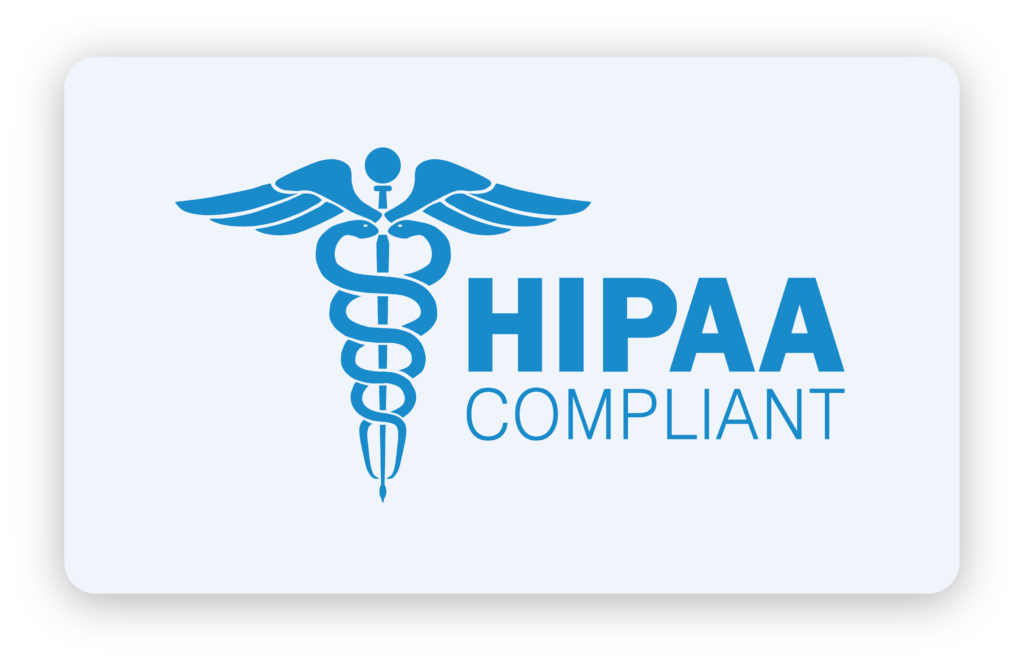
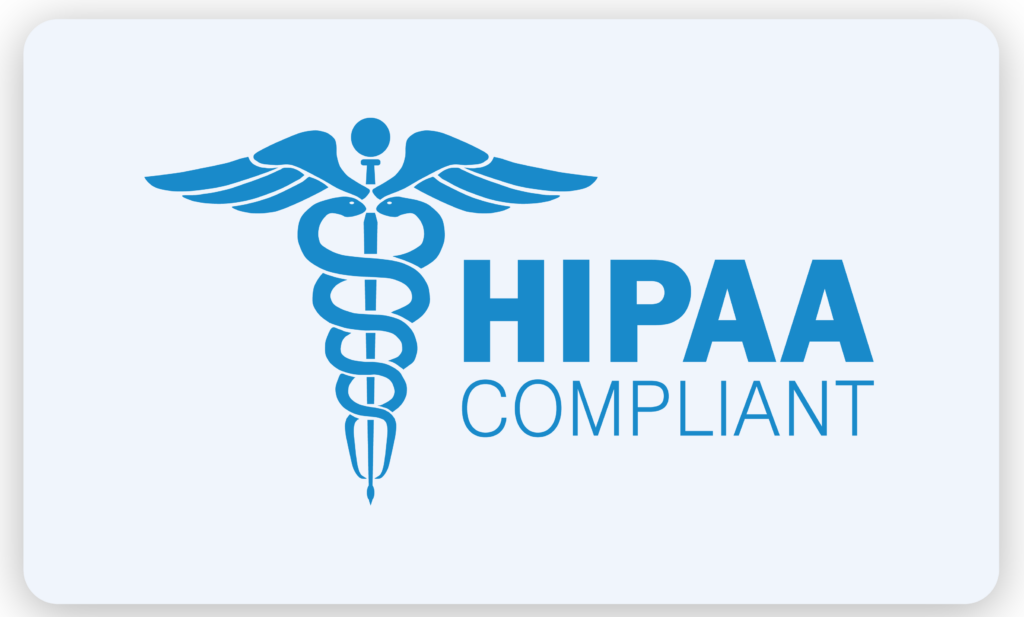
About Us
Contact Info
HealthMatriX Technologies
[email protected]HealthMatriX Technologies
Unit 8, 18/F, Workingfield Commercial Building, 408-412 Jaffe Road, Wanchai, Hong Kong+852 2523 9959
© 2026 HealthMatriX Technologies. All rights reserved.







